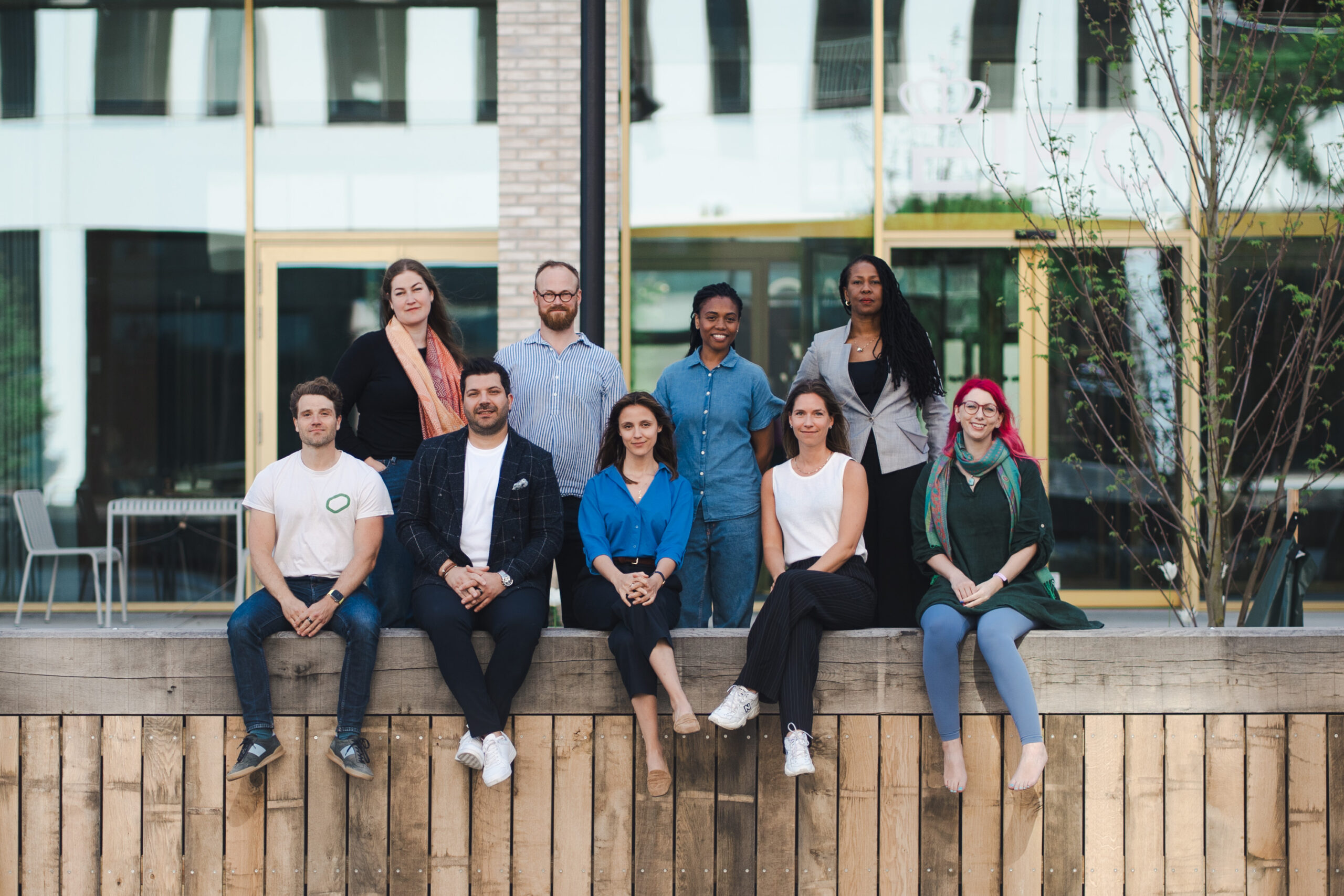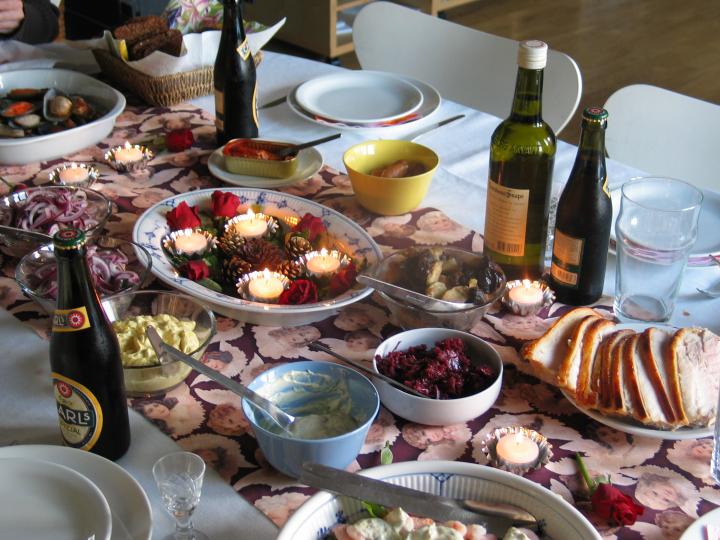Electric car sales in Denmark soared last year after several years of static figures thanks to a better infrastructure for using them and an exemption from the hefty registration tax.
But sales have dwindled again since the return of the registration tax.
According to figures from the Danish car importer organisation De Danske Bilimportører, electric car sales in Denmark have pretty much ceased since the registration tax made its comeback on 1 January 2016.
“We’ve seen a serious fall in the number of new registrations in January and the first part of February,” Lærke Flader, a spokesperson for the national electric car association Dansk Elbil Alliance, told DR Nyheder.
“And many of the registrations in January were for cars purchased before the registration tax returned.”
READ MORE: Government: electric cars will be full price by 2020
Full price by 2020
According to De Danske Bilimportører, just 64 electric cars were registered in January and a meagre 15 from February 1-19.
That’s a massive fall from the 1,561 electric cars registered in December and the monthly average of 372 for 2015.
As part of its national budget proposal for 2016, the government decided in October to gradually bring back the registration tax for electric cars over the next four years. Owners face paying the full registration tax by 2020.











